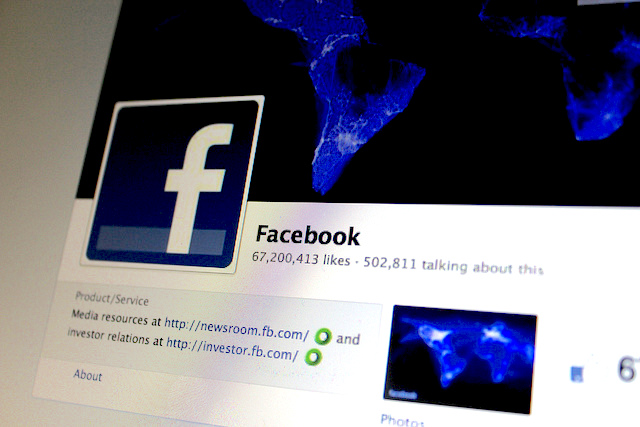German Chancellor Angela Merkel Doesn’t Want “Fake News” Messing up Their Election Like It Did Ours
Anyone else feel like a child being openly discussed by their parents in the same room?


Things are weird in the United States right now, not just because of all the “this is not normal” surrounding our president-elect, but because no one seems too concerned that Russia made a concerted—and successful—effort to influence our election for a particular outcome. The rest of the world, however, is taking it pretty seriously, with Germany’s Angela Merkel speaking up against the proliferation of misinformation online to prevent the same thing happening there in next year’s election.
If it’s a bit surreal for you to watch a politician in another country talk about preventing a threat that they believe has already compromised us, you’re not alone. Mark Zuckerberg started by denying that Facebook spreads too much misinformation, but he’s since backtracked, and it’s now being reported that Russia not only fostered the Wikileaks attacks on the Clinton campaign, but they had a propaganda operation smearing her online with those false stories you may have seen, too.
Speaking to parliament on Wednesday, the AFP reports that German Chancellor Angela Merkel warned of the effects of propaganda and bots, saying lawmakers must “confront this phenomenon and if necessary, regulate it.” She also cautioned that “populism and political extremes are growing in Western democracies,” and that politicians must “reach and inspire people” to combat the rise of discontent and fascism.
Google and Facebook are both already taking steps to crack down on misleading and false stories, with Google prominently running into trouble with the top search placement of a completely false story about the vote count. Meanwhile, despite the fact that this misinformation has run rampant online, we’re still seeing a disheartening push by some to discredit the “mainstream media.”
Meanwhile, Breitbart, “the platform of the alt-right” (a hate movement), is planning expansion into Germany and France, where it will help drum up support for far-right candidates. France’s far-right candidate, Marine Le Pen, is depicted in this Russian portrait triptych, in case you were wondering what’s going on in the world:
Trump supporters in Russia unveil triptych portraits of Putin, Trump and Le Pen. In case you were in any doubt as to the trend here. pic.twitter.com/s5BPhejLHz
— Alex Andreou (@sturdyAlex) November 9, 2016
Again, this all feels very surreal, and it’s great that steps are being taken, but it’s unnerving to realize that, at least in part, it’s a little too late. We’ve become a cautionary tale, and it remains to be seen whether the measures currently in the works can turn things around.
(via The Verge, image via Christopher on Flickr)
Want more stories like this? Become a subscriber and support the site!
—The Mary Sue has a strict comment policy that forbids, but is not limited to, personal insults toward anyone, hate speech, and trolling.—
Follow The Mary Sue on Twitter, Facebook, Tumblr, Pinterest, & Google+.
Have a tip we should know? [email protected]